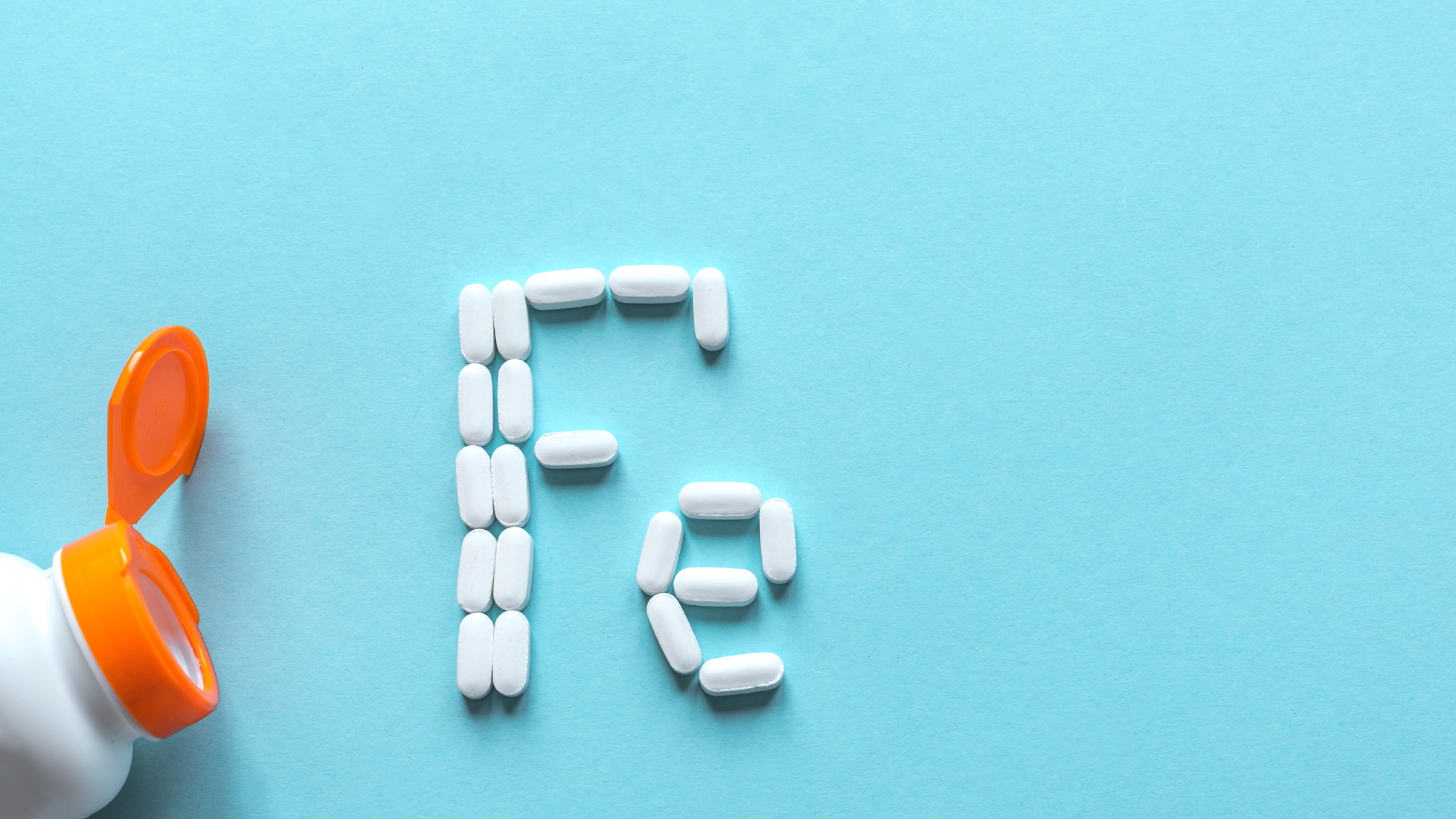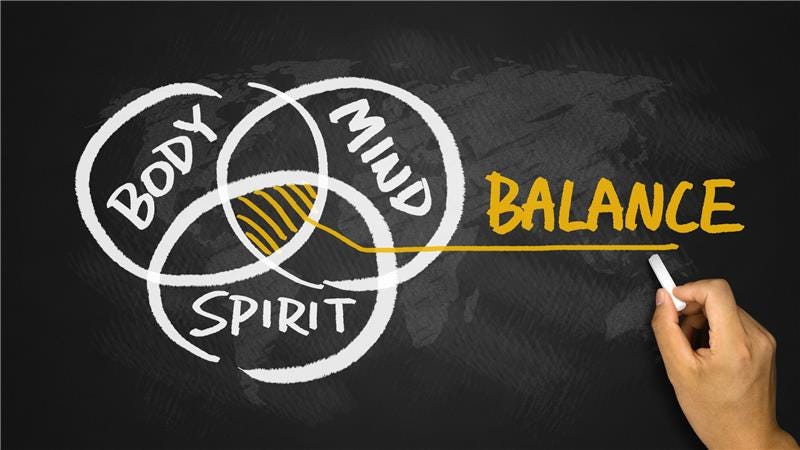
Iron Supplements: What to Know Before Adding Them to Your Diet
Table of Contents
-
- Why Is Iron Important?
- Signs of Low Iron Levels
- Types of Iron Supplements
- Key Benefits of Iron Supplementation
- Choosing the Right Iron Supplement
- How to Take Iron Supplements for Best Absorption
- Iron-Rich Foods to Include in Your Diet
- Frequently Asked Questions (FAQs)
- Final Thoughts on Iron Supplementation
- References
Why Is Iron Important?
Iron is an essential mineral required for various biological functions. It is a key component of hemoglobin, the protein in red blood cells responsible for transporting oxygen throughout the body.
Without enough iron, oxygen delivery to tissues is compromised, leading to symptoms like fatigue, weakness, and cognitive impairment.
Functions of Iron in the Body:
- Oxygen Transport: Essential for hemoglobin production in red blood cells.
- Energy Production: Plays a key role in ATP production and metabolism.
- Neurotransmitter Support: Supports brain function and mental clarity.
- Immune Health: Helps white blood cells function optimally.
- Skin, Hair, and Nails: Supports collagen production for healthy appearance.
Since the body does not produce iron, it must be obtained from diet or supplementation.
Signs of Low Iron Levels
Iron deficiency is one of the most common nutritional deficiencies worldwide. Symptoms often develop gradually and may go unnoticed until they become severe.
Common Signs of Low Iron:
- Persistent fatigue and low energy levels.
- Pale skin and dark under-eye circles.
- Shortness of breath and dizziness.
- Cold hands and feet due to poor circulation.
- Brittle nails and increased hair shedding.
- Frequent headaches or difficulty concentrating.
Iron deficiency can eventually lead to iron-deficiency anemia, where red blood cells are unable to carry sufficient oxygen.
Studies show that individuals with low iron levels experience significant improvements in energy levels and mental clarity after proper iron supplementation (International Journal of Hematology).
Types of Iron Supplements
Iron supplements are available in different forms, each varying in absorption rates and tolerability. Choosing the right type is important for maximizing effectiveness.
Heme vs. Non-Heme Iron
Dietary iron comes in two primary forms:
Type Source Absorption Rate Heme Iron Animal-based sources (meat, poultry, seafood) More bioavailable and absorbed more efficiently Non-Heme Iron Plant-based sources (lentils, spinach, fortified cereals) Requires vitamin C for better absorption Common Iron Supplement Forms
- Ferrous Sulfate: A widely used, cost-effective option with high elemental iron content.
- Ferrous Gluconate: Gentler on digestion, often preferred for those with sensitive stomachs.
- Ferrous Fumarate: Contains a higher percentage of elemental iron, making it useful for individuals with greater iron needs.
- Iron Bisglycinate: A highly absorbable form that is gentle on the stomach and less likely to cause constipation.
The choice of iron supplement depends on individual needs, digestion tolerance, and absorption efficiency.
Key Benefits of Iron Supplementation
Supports Oxygen Transport
Iron is essential for hemoglobin production, the protein in red blood cells responsible for transporting oxygen. This ensures that tissues receive adequate oxygen for energy and function.
Proper oxygenation supports:
- Improved muscle endurance and physical performance.
- Better brain function, reducing mental fatigue.
- Enhanced recovery and reduced post-exercise exhaustion.
Research shows that maintaining adequate iron levels improves oxygen efficiency, particularly in individuals with low iron levels (American Journal of Clinical Nutrition).
Helps Maintain Energy Levels
Iron plays a critical role in ATP production, the body's main energy source. It helps convert nutrients into usable fuel, reducing fatigue and supporting metabolic function.
Increases overall energy levels and prevents sluggishness.
Supports sustained endurance in daily activities.
Aids in metabolic function for better nutrient utilization.
Plays a Role in Immune Function
Iron is necessary for the production and function of white blood cells, which help the body respond to environmental stressors.
Studies suggest that individuals with low iron levels have a compromised immune response, making adequate intake essential (Frontiers in Immunology).
Supports Cognitive Function and Mental Clarity
Iron helps regulate neurotransmitters and oxygen delivery to the brain, contributing to better memory, focus, and alertness.
Reduces brain fog and sluggish thinking.
Enhances concentration and learning ability.
Supports mood balance and stress management.
Promotes Healthy Hair, Skin, and Nails
Iron is involved in collagen synthesis, which plays a key role in maintaining strong hair, radiant skin, and resilient nails.
Prevents excessive hair shedding and brittleness.
Supports skin hydration and elasticity.
Helps strengthen nails, reducing splitting and breakage.
Choosing the Right Iron Supplement
When selecting an iron supplement, it’s important to consider factors such as absorption rate, potential digestive side effects, and dietary needs.
Key Considerations:
- Absorption Rate: Heme iron (animal-based) is absorbed more efficiently than non-heme iron (plant-based).
- Tolerance: Some forms, such as iron bisglycinate, are gentler on digestion and less likely to cause constipation.
- Nutrient Interactions: Vitamin C enhances iron absorption, while calcium, coffee, and tea can inhibit it.
- Iron Needs: Pregnant women, vegetarians, and athletes may require higher doses.
Consulting a healthcare provider can help determine the best supplement based on individual health status and lifestyle factors.
How to Take Iron Supplements for Best Absorption
To maximize iron absorption and minimize potential side effects, follow these guidelines:
Best Practices for Taking Iron:
Take with Vitamin C: Consuming iron with vitamin C-rich foods (citrus fruits, bell peppers) enhances absorption.
Avoid Calcium & Caffeine: Dairy products, tea, and coffee can inhibit iron absorption and should be consumed at different times.
Take on an Empty Stomach: Iron is best absorbed when taken without food, but if digestive discomfort occurs, it can be taken with a small meal.
Stay Hydrated: Drinking plenty of water can help prevent constipation, a common side effect of iron supplements.
Use the Correct Dosage: Avoid exceeding recommended dosages to prevent iron overload, which may lead to toxicity.
Iron-Rich Foods to Include in Your Diet
In addition to supplements, incorporating iron-rich foods into your daily diet can help maintain healthy iron levels.
Best Dietary Sources of Iron:
- Heme Iron (Animal-Based Sources): Red meat, liver, poultry, fish, shellfish.
- Non-Heme Iron (Plant-Based Sources): Lentils, beans, chickpeas, quinoa, tofu, spinach, fortified cereals.
- Iron-Fortified Foods: Breakfast cereals, oatmeal, whole grains, plant-based milk alternatives.
Pairing plant-based iron sources with vitamin C-containing foods enhances absorption and ensures better iron utilization by the body.
Frequently Asked Questions (FAQs)
How do I know if I need an iron supplement?
If you experience fatigue, pale skin, dizziness, or shortness of breath, you may have low iron levels. A blood test can confirm iron deficiency. Individuals with increased iron needs, such as pregnant women, vegetarians, and endurance athletes, may benefit from supplementation.
Can I take iron supplements daily?
Yes, iron supplements can be taken daily if needed, but it is important to follow recommended dosage guidelines. Excess iron intake may cause digestive discomfort, and in rare cases, iron toxicity. Always consult a healthcare provider before starting an iron supplement.
Which foods are rich in iron?
Heme iron is found in red meat, poultry, and seafood, while non-heme iron is present in lentils, spinach, beans, and fortified grains. To enhance absorption of non-heme iron, pair it with vitamin C-rich foods such as oranges, strawberries, and bell peppers.
Are there any side effects of iron supplements?
Some individuals may experience mild side effects, including constipation, nausea, or dark stools. Choosing a gentler form of iron, such as iron bisglycinate, and staying hydrated can help reduce these effects. Taking iron with food may also improve tolerance.
How long does it take for iron supplements to work?
Most people notice improvements in energy levels and oxygen transport within 2-4 weeks of consistent use. However, replenishing iron stores fully may take several months, depending on the severity of deficiency. Regular blood tests can help monitor progress.
When is the best time to take an iron supplement?
Iron supplements are best absorbed on an empty stomach, but if they cause discomfort, they can be taken with food. Avoid taking iron with calcium-rich foods, tea, or coffee, as these can interfere with absorption. Taking iron with vitamin C improves bioavailability.
Final Thoughts on Iron Supplementation
Iron is an essential mineral that plays a vital role in oxygen transport, energy metabolism, and immune health. When dietary intake is insufficient, iron supplements can help maintain healthy levels and prevent deficiencies.
Key Takeaways:
- Iron is crucial for oxygen transport and energy production.
- Heme iron (animal-based) is absorbed more efficiently than non-heme iron (plant-based).
- Vitamin C enhances iron absorption, while calcium and caffeine may inhibit it.
- Choosing the right supplement form can improve tolerability and reduce digestive discomfort.
- Regular blood tests help monitor iron levels and prevent excessive intake.
For individuals at risk of iron deficiency, incorporating iron-rich foods and the right supplement can help maintain long-term well-being. Always consult a healthcare professional for personalized advice.
References
International Journal of Hematology - Iron Deficiency & Oxygen Transport
American Journal of Clinical Nutrition - Iron and Exercise Performance









